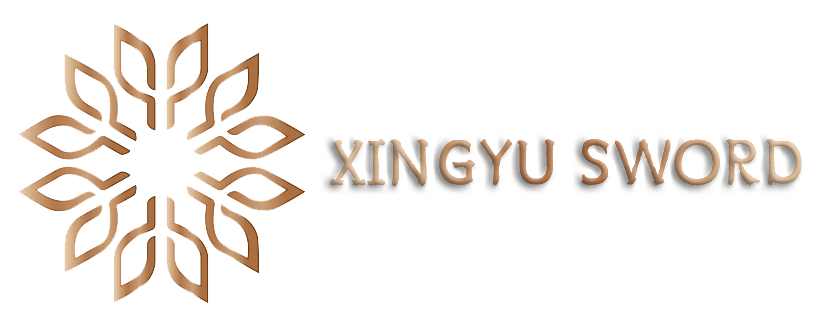Key points for making Katana blade
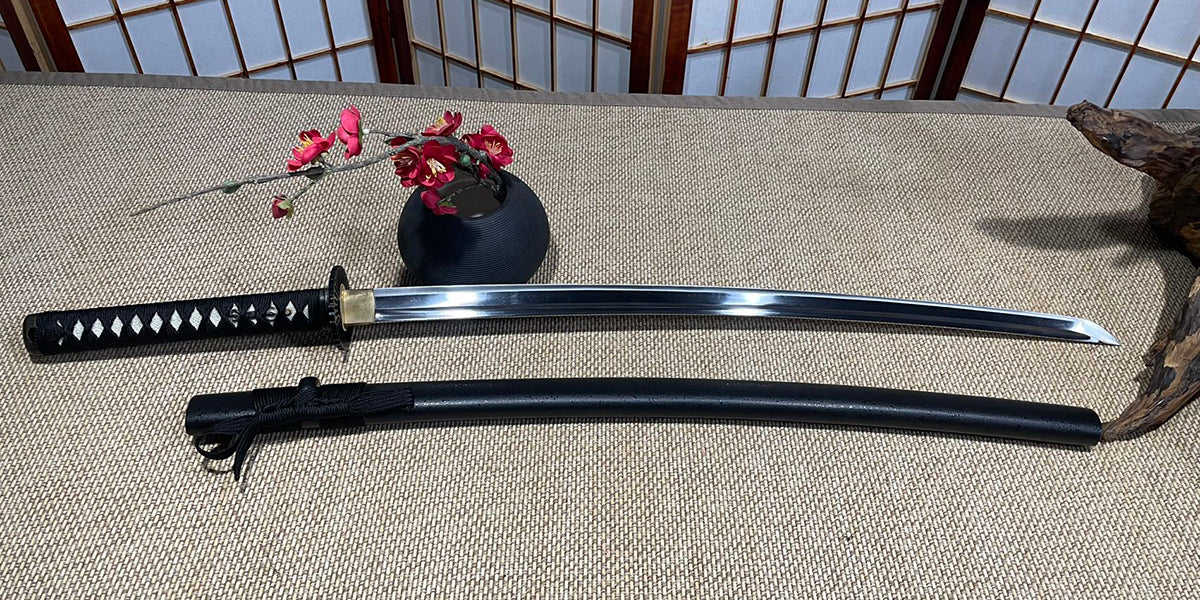
Modern swordsmiths make two types of Japanese swords, the real sword, also known as “Shinken”, which means a living blade or an art sword in the traditional sense, and the iaito sword, which is a t...
Read more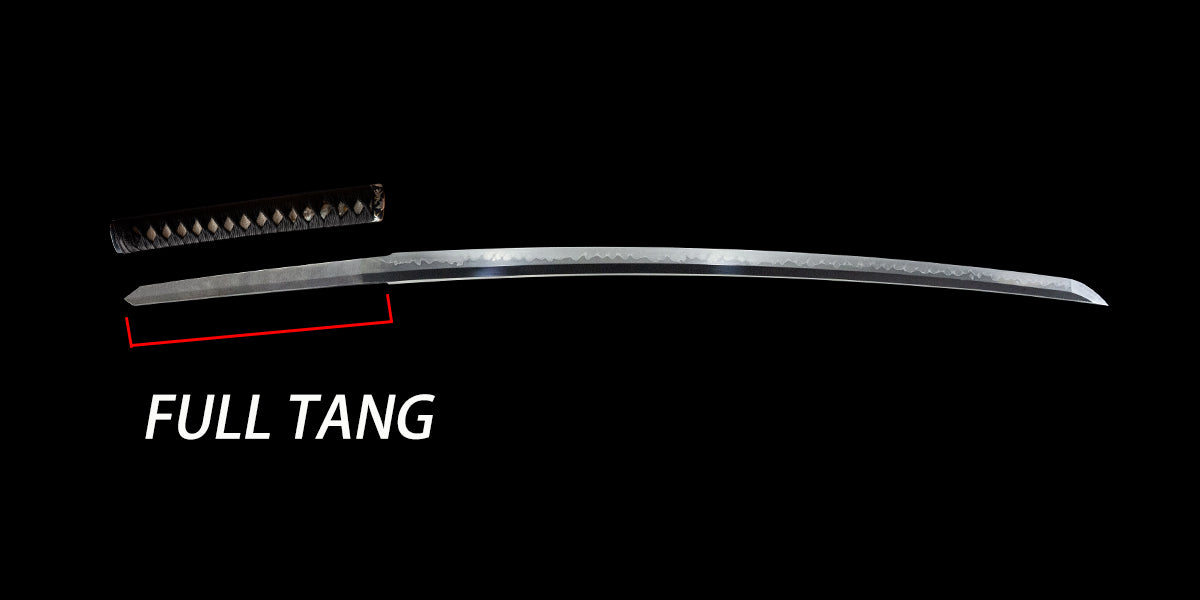
Full Tanga Katana buying Guide
One word that newcomers to katana often see when they are new to katana is Full Tang, and for those who don't know it well, they often overlook this hidden structure within katana, so how important...
Read more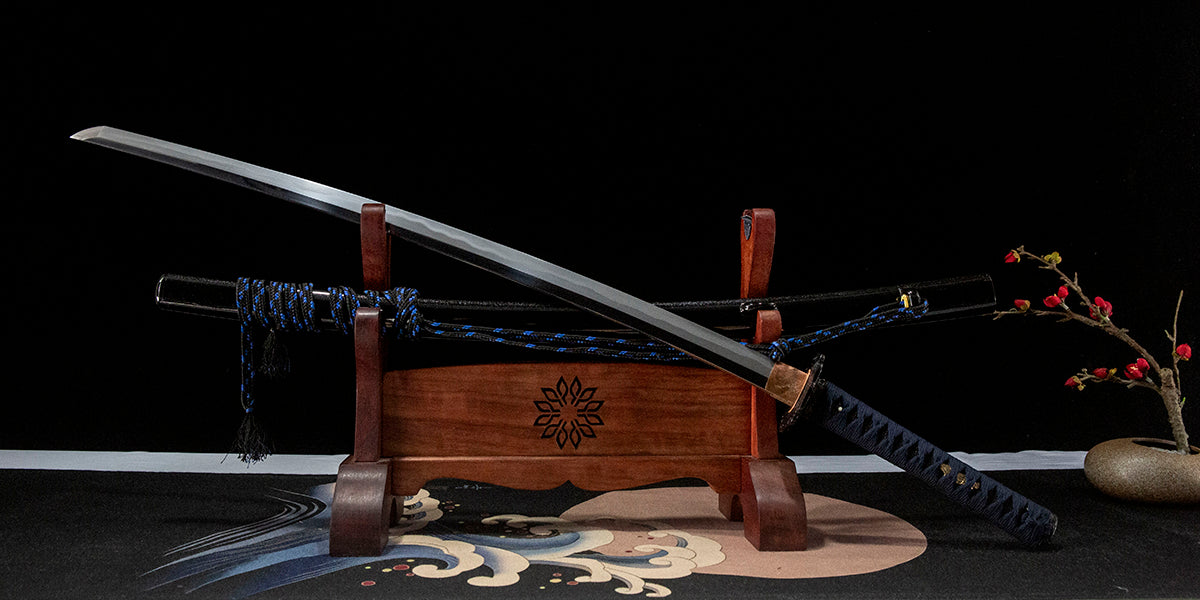
The katana, the world's most recognizable cold weapon, has been known since ancient times for its beautiful shape, and many of its famous blades have been collected as works of art. One of the most...
Read more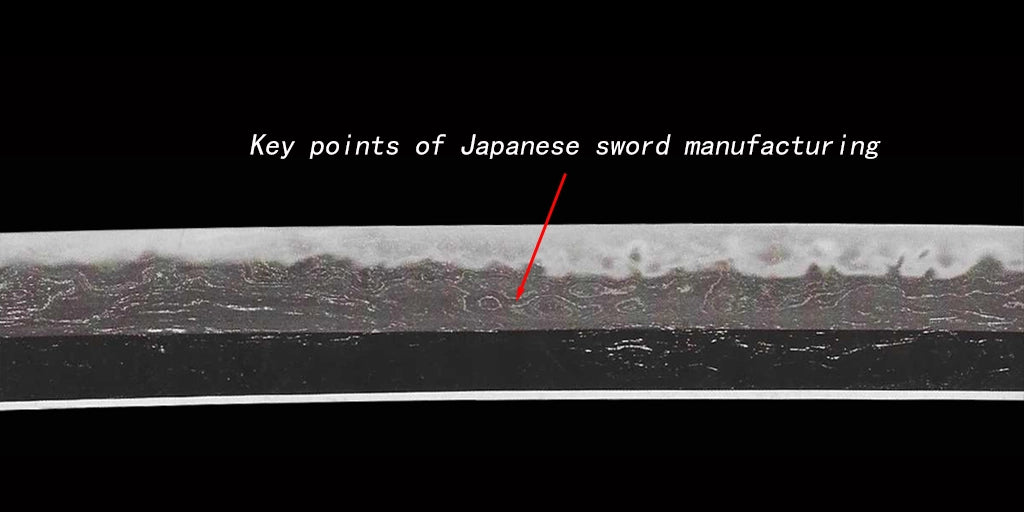
Jihada and jigane-Folded steel katana
The steel (jigane) on the surface of a Japanese sword has a definite color and texture. Examining a well-made and ground Japanese sword usually reveals a clear color and fine texture, it is common ...
Read more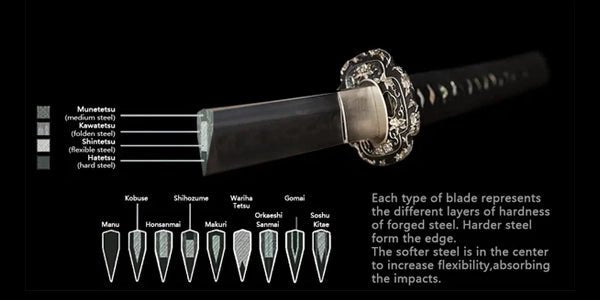
Basic knowledge-Katana structure
Katana is characterized by the use of shingane, which is soft and has a low carbon content, wrapped and forged with ka-wagane, which has a high carbon content. and since the nature of katana depend...
Read more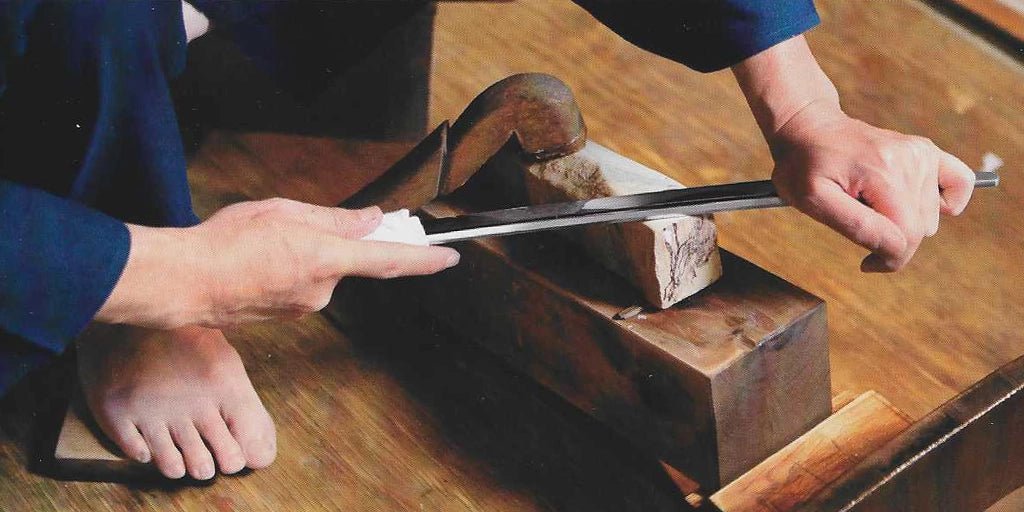
Grind-The key to Katana sharpness
If katana is not ground, the secret of its unparalleled sharpness will not be revealed. Like the manufacture of swords, the grinding of katana is highly advanced. It requires a lot of meticulous cr...
Read more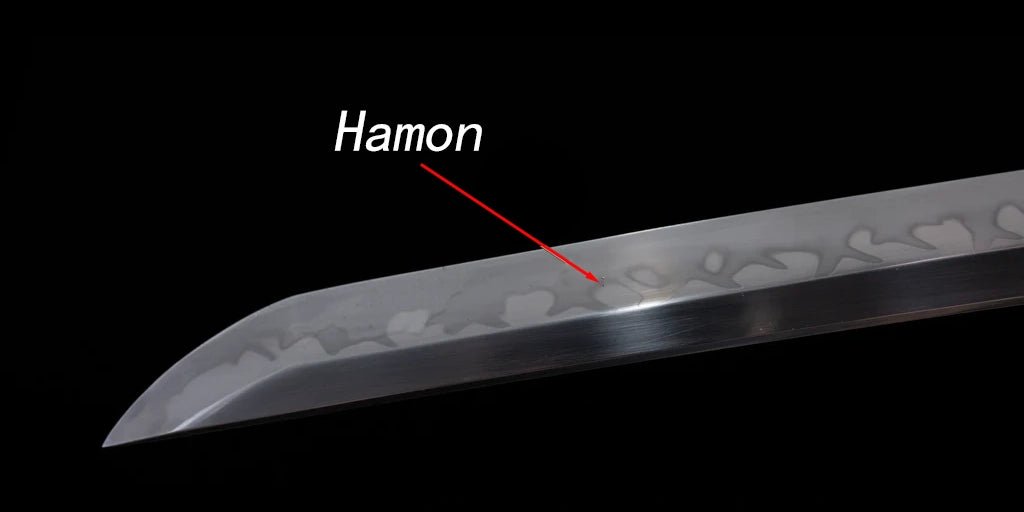
The katana hamon is the quenching line on a katana blade, where a special yakibatsuchi is placed over the blade, the ha is left bare, and the blade is then red-hot, heated to a specific temperature...
Read more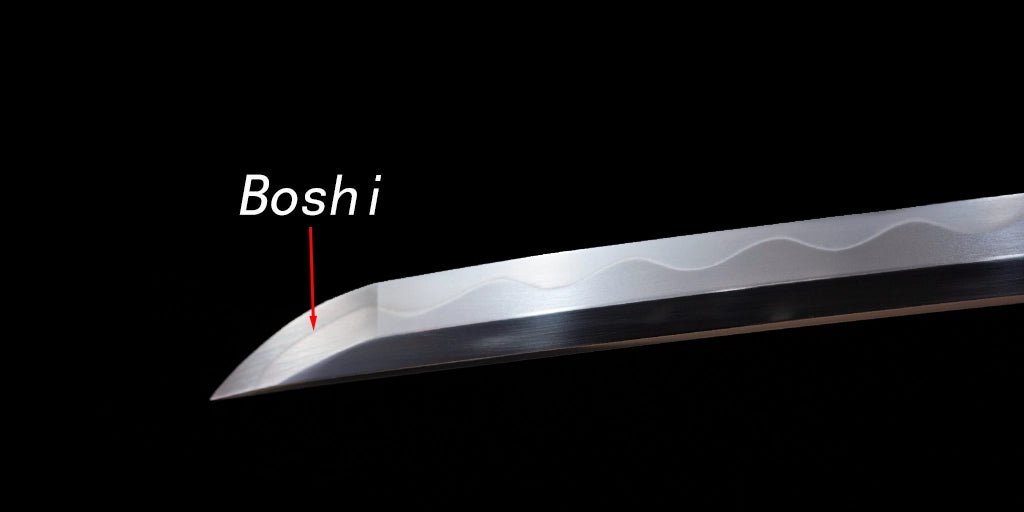
Katana boshi :The shape of the blade pattern of the tip
The hamon of the kassaki is called "boshi", different hamons have different boshi, and because there are so many different types of boshi, it has been compared to the face of a human being. Hardeni...
Read more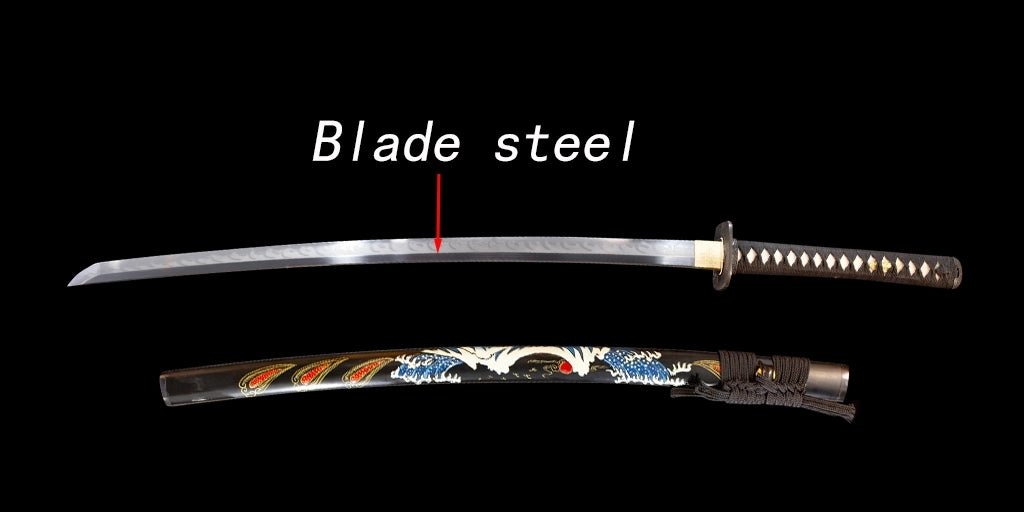
What are the best steels for Katana?
The best steel for Katana should consider the following points: hardness, toughness, brightness, and whether it can increase multiple grinding processes. Of course, there is also beauty, which is w...
Read more